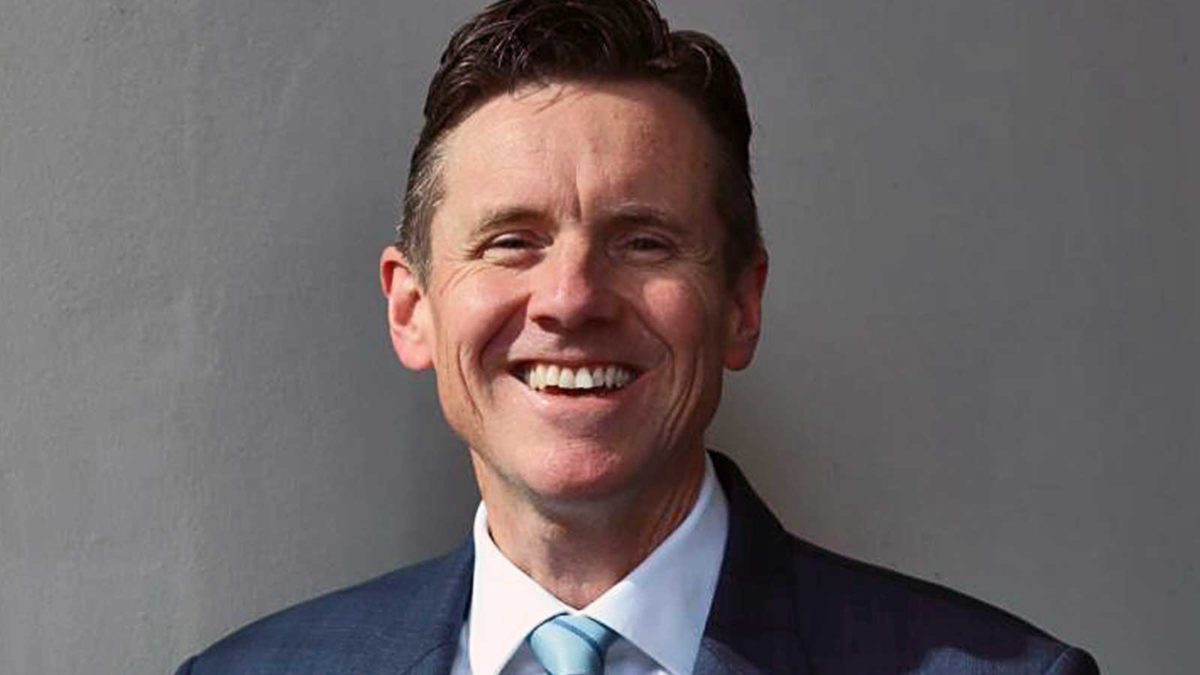Disengaged members may need “safety net” retirement options
Funds should allow retiree members to request they select a retirement product on their behalf, and create “safety net provisions” for those who don’t, according to new research.
New research by David Bell, executive director of the Conexus Institute, Geoff Warren, associate professor at the Australian National University, argues that relying solely on retirees to choose a product for themselves may not deliver sufficient outcomes for retirement.

“We suggest that some retirees might welcome another kind of choice: the option to ask their super fund to select a solution on their behalf, either as a recommendation or an assignment,” Bell and Warren wrote. “An effective method for achieving this would be to place an obligation on super fund trustees to engage with their members at retirement to establish their preferred mode for identifying a suitable retirement solution, which funds would then be required to deliver.”
The research is a response to the government’s retirement income covenant (RIC), which will come into effect on 1 July and “codify the requirements and obligations of superannuation trustees to improve the retirement outcomes for individuals”. With accumulated savings now stapled to funds under the Your Future Your Super (YFYS) legislation, super funds will likely be – at least initially – the dominant provider of retirement solutions and services to their retiring members.
“The Government has indicated a strong emphasis on consumers making an active choice, which is confirmed by the RIC Position Paper (Treasury, 2021). A substantially choice-based architecture in retirement would be quite different from that in accumulation,” the authors wrote.
“Under such a choice-based architecture, the ability of consumers to compare retirement products and access the necessary assistance to make an informed decision will become even more critical. The potential dissonance in choice architecture between accumulation and retirement runs the risk of exposing many retirees to a complex decision problem that they are not well-equipped to make.”
The research identifies five types of retirees: fully-advised, who seek comprehensive financial advice; DIY-active, who want to choose by themselves or “perhaps” with assistance; DIY-reactive, who would welcome a recommendation but will choose for themselves; guided, who would prefer their fund choose an option; and disengaged.
The last group likely requires the most complex solution, in that funds may have to be empowered to default disengaged members into a retirement option under “certain conditions” – funds would first need to ensure that members are currently retired and that transferring them into the retirement phase is actually in their best interests. Such an option also runs counter to the “pro-choice sentiment” espoused by the government, but could be justified on consumer protection considerations.
“There is a hint that a significant number of retirees might not have transferred their superannuation balance to the retirement phase due to lack of knowledge or apathy, and might be missing out on retirement income as well as paying unnecessary tax,”
“While the spirit of the Government’s retirement income policy appears to be that retirees always exercise some form of choice, we are concerned about outcomes for the heavily disengaged. The alternative of leaving them in the accumulation phase and possibly wholly unsuitable solutions needs to be avoided if at all possible.”











